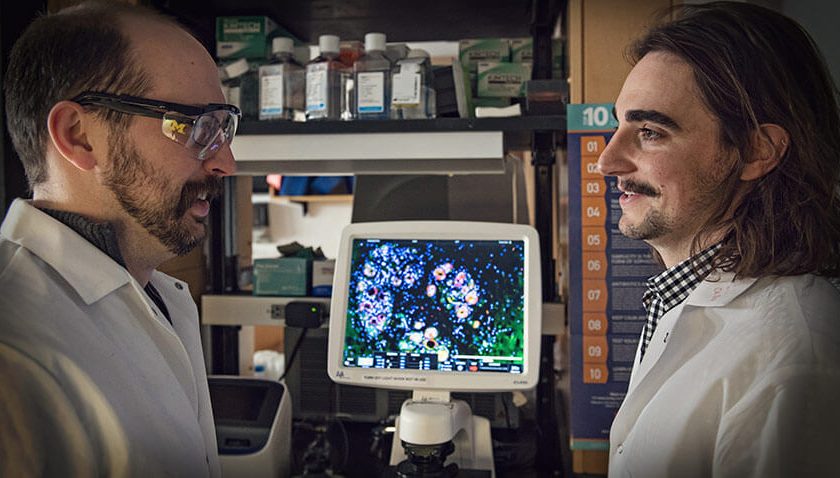In an article posted on M Health Lab by Anna Megdell takes a new approach on making a pancreatic cancer tumor react differently.
Hyaluronic acid, or HA, is a known presence in pancreatic tumors, but a new study from researchers at the University of Michigan Health Rogel Cancer Center shows that hyaluronic acid also acts as food to the cancer cells. These findings, recently published in eLife, provide insight into how pancreatic cancer cells grow and indicate new possibilities to treat them.
“A central driving theme in my research lab is that pancreatic cancer doesn’t respond to the common arsenal of treatment approaches. We need to think about this challenge differently,” said Costas Lyssiotis, Ph.D., the lead investigator on the study. He and his team study the metabolism of pancreatic cancer in preclinical models: how cells obtain nutrients and the spectrum of nutrients they utilize to fuel growth and enable therapeutic resistance.
The tumor microenvironment, or the cells that make up the tumor, are a combination of many different cell types, some malignant, some not. A pancreatic tumor’s microenvironment is highly stromal, meaning the mass itself is mostly comprised of connective tissue and non-cancerous immune cells.
The article proceeds to talk about what the Hyaluronic acid is made of and it’s role in past studies of pancreatic cancer.
Lyssiotis and his lab wanted to understand hyaluronic acid beyond its contribution to the physiological make-up of pancreatic cancer cells. They considered the density of these tumors, and wondered: If cancer cells aren’t getting access to blood-derived nutrients, how are they getting the nutrients that fuel cell growth and become tumors?
The lab’s new work indicates that one way cells do this is by scavenging the hyaluronic acid itself.
“Hyaluronic acid doesn’t only affect tumors by creating this density, which does make it difficult to treat,” Lyssiotis said. “It is literally a chain of sugars. In retrospect, it makes good sense that the malignant cells are also feeding off hyaluronic acid.”
Lyssiotis says this study demonstrates just how well pancreatic cancer cells scavenge nutrients in order to maintain their survival and growth.
Please click here to visit the U of M Health website to read the full article.

